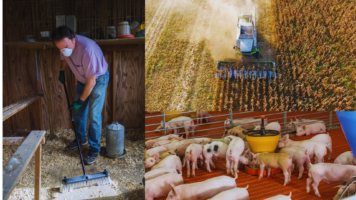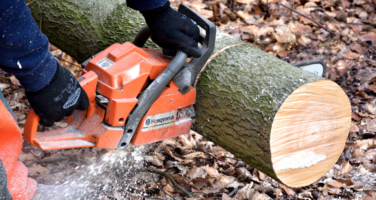
Emergency Ready- Hazardous Materials Down on the Farm: Playbook of Strategies for Farm and Ranch Families
Hazardous materials lurk around many corners of farm shops, buildings, and barns. The health impacts of organic and inorganic exposures can be mild to devastating. Be prepared and be ready to handle identifiable and nonidentifiable materials during everyday farm and ranch work as well as during emergencies. In this training, we will discuss action steps, strategies, and resources to protect individuals working and living on the ranch and farm.



